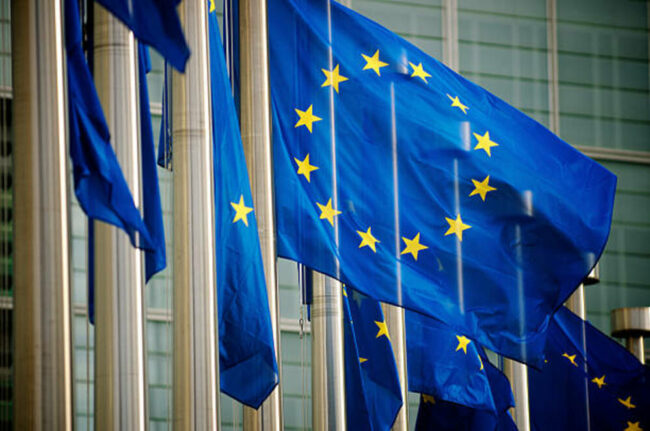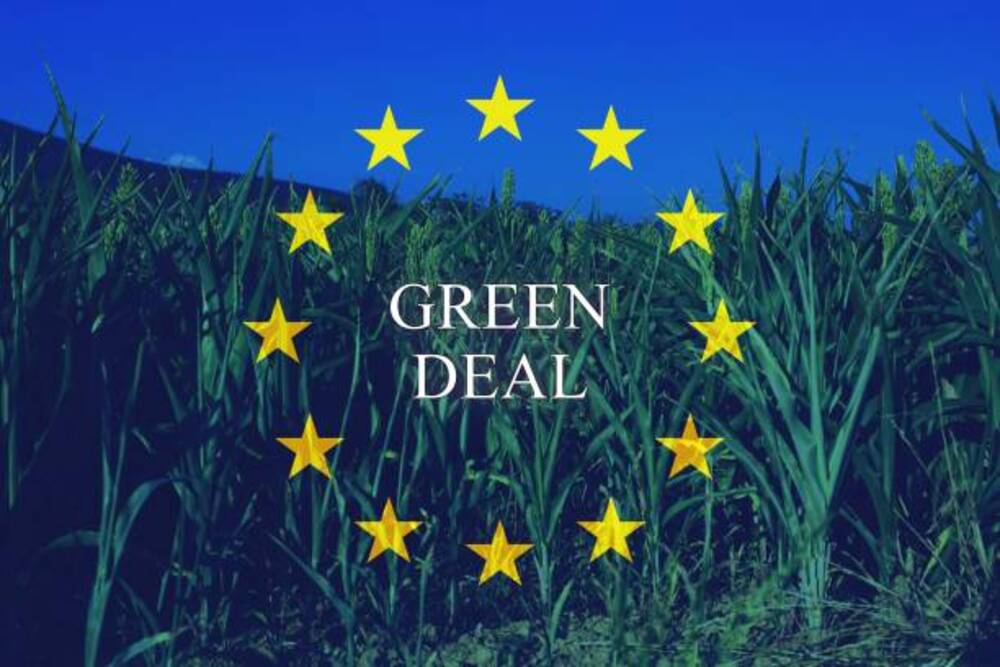Ursula von der Leyen, president of the European Commission, unveiled the Green Deal Industrial Plan yesterday. Basically, it is in an effort to prevent the European Union from falling behind in the race for green technology and to counter the large subsidies the United States and China already provide for their companies.
It contains support for the following: faster permits, subsidies, skills, and trade.

More accessible rules for building green facilities
Cleantech companies may be eligible for simplified procedures and permissions for the construction of manufacturing facilities in Europe.
The EU executive said that it will create a “Net-Zero Industry Act” that would grant producers of technologies essential to the EU’s climate goals quicker permits. Batteries, renewable energy, carbon capture and storage facilities, and renewable hydrogen production facilities could all fall under this category.
Last year, Brussels already shortened the timeframe and made the regulations for renewable energy projects more straightforward.
The EU will also spell out criteria to identify critical clean tech projects and set goals for the expansion of particular technologies by 2030. There may also be further EU-wide regulations for what constitutes a sustainable or “net-zero” emissions product.
Green Deal supports state subsidies
The Commission suggests lowering the restrictions on state aid till the end of 2025 to provide the 27 member states of the bloc more flexibility when making investments in clean energy or decarbonizing industry.
The idea calls for allowing countries to access current EU funds in recognition that not all EU nations will be able to provide subsidies to the same degree as France or Germany and to maintain the level playing field of the internal market.
The main pool would consist of the outstanding loans and grants totaling 225 billion euros ($245 billion) plus 20 billion euros ($25 billion) from the EU’s 800 billion euro post-pandemic recovery fund.
Ursula von der Leyen, President of the European Commission, presents a “communication” outlining the EU’s “Green Deal Industrial Plan” in Brussels, Belgium, on February 1, 2023, in response to the U.S. Inflation Reduction Act, which will provide $369 billion in subsidies for electric vehicles and other green products. Yves Herman for Reuters
The Commission will suggest setting up a European Sovereignty Fund, in the long run, to invest in cutting-edge technologies.
Green Deal for more jobs in the green industry
The number of people employed in green industries in the EU increased to 4.5 million in 2019 from 3.2 million in 2000, and the battery industry alone predicts demand for 800,000 more workers by 2025.
The EU has established 14 industry partnerships, some of which are for the automotive and agri-food industries, with the goal of enhancing education and training and reskilling the workforce. Additionally, there is EU funding available for apprenticeships and career training.
The Commission is collaborating with EU members to assess and set goals for the supply and demand of talents and employment, as well as to broaden the acceptance of credentials from both inside the EU and from beyond the region.
Trade maintains EU leadership in green technologies
In order to keep the EU at the forefront of net-zero technology, the EU executive contends that trade openness is crucial, both in terms of enhancing access to raw materials and ensuring access to new export markets.
The Commission, which directs EU trade policy, intends to expand the EU’s network of trade agreements, including one it hopes to reach with Australia and those with Chile, Mexico, New Zealand, and Mercosur.
Along with its Trade and Technology Council with the United States, it will also look to forge partnerships with like-minded parties on raw resources and clean technology.
In addition, it plans to implement a new EU regulation on foreign subsidies and says it will collaborate with allies to detect and fight what it considers to be unfair trade practices by non-market economies like China.

